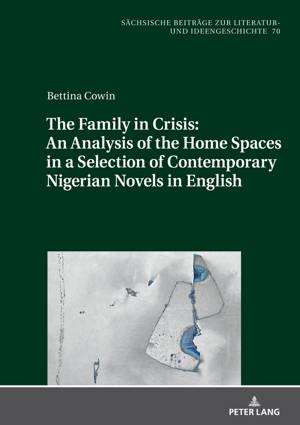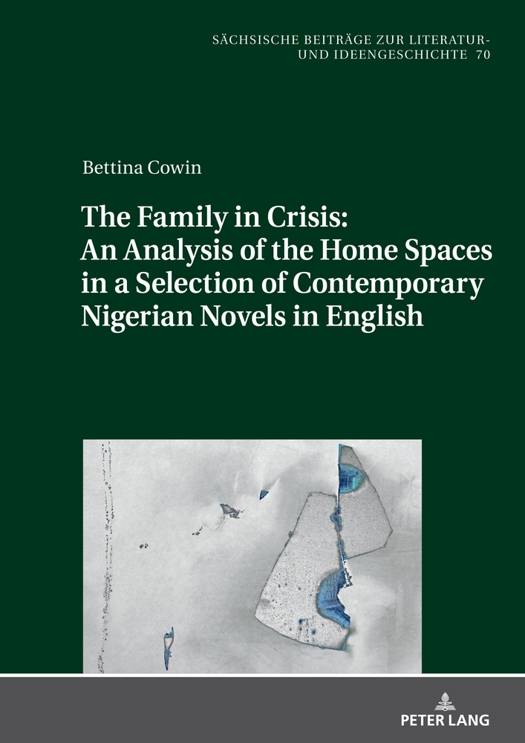
- Afhalen na 1 uur in een winkel met voorraad
- Gratis thuislevering in België vanaf € 30
- Ruim aanbod met 7 miljoen producten
- Afhalen na 1 uur in een winkel met voorraad
- Gratis thuislevering in België vanaf € 30
- Ruim aanbod met 7 miljoen producten
The Family in Crisis: An Analysis of the Home Spaces in a Selection of Contemporary Nigerian Novels in English
Bettina Cowin
€ 133,95
+ 267 punten
Omschrijving
This study examines the representation of home spaces in three twenty-first-century Nigerian novels written in English, applying various spatial theories to analyse their portrayal. These contemporary novels, which center on family life, are set in different regions of Nigeria - a postcolonial nation characterised by diverse ethnic backgrounds, including Igbo, Yoruba, and Hausa communities. Despite their regional and cultural distinctions, the novels depict families in crisis as a unifying theme.
By situating the novels within their social and historical contexts and employing spatial theories, the research explores the underlying causes of familial dysfunction. It seeks to determine whether the rigid, hierarchical patriarchal structures present in many of the family homes reflect similar power dynamics at the national level. Furthermore, the study investigates how the oppressive political and social conditions of postcolonial Nigeria permeate the varied domestic environments portrayed in these narratives.
By situating the novels within their social and historical contexts and employing spatial theories, the research explores the underlying causes of familial dysfunction. It seeks to determine whether the rigid, hierarchical patriarchal structures present in many of the family homes reflect similar power dynamics at the national level. Furthermore, the study investigates how the oppressive political and social conditions of postcolonial Nigeria permeate the varied domestic environments portrayed in these narratives.
Specificaties
Betrokkenen
- Auteur(s):
- Uitgeverij:
Inhoud
- Aantal bladzijden:
- 302
- Taal:
- Engels
- Reeks:
- Reeksnummer:
- nr. 70
Eigenschappen
- Productcode (EAN):
- 9783631925140
- Verschijningsdatum:
- 28/01/2025
- Uitvoering:
- Hardcover
- Formaat:
- Ongenaaid / garenloos gebonden
- Afmetingen:
- 148 mm x 210 mm
- Gewicht:
- 512 g

Alleen bij Standaard Boekhandel
+ 267 punten op je klantenkaart van Standaard Boekhandel
Beoordelingen
We publiceren alleen reviews die voldoen aan de voorwaarden voor reviews. Bekijk onze voorwaarden voor reviews.










